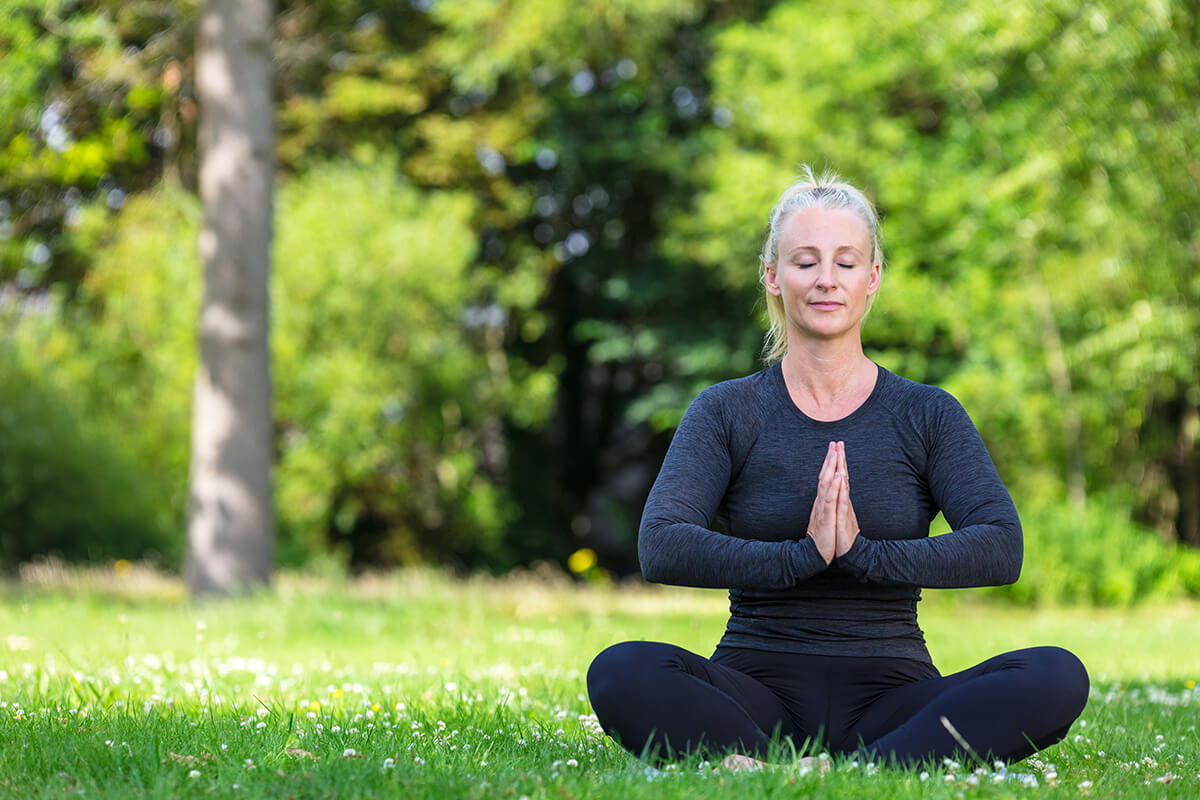As we continue to observe Stress Awareness Month throughout April, it’s entirely appropriate that this year’s annual acknowledgement of the effects of excess stress in our lives comes amid a global pandemic. Most of us are experiencing some form of heightened anxiety during these unprecedented events, whether it stems from a loss of security, a worry about yourself or others falling ill or a general sense of being out of control. And, because we have no way of knowing when – or if – our lives will return to normal, we have to develop healthy coping mechanisms for managing stress over the long haul. Here are some tips to help you do so.
1. Cut Back on News Consumption
Naturally, you want to stay abreast of what’s going on in your community and the world at large, but it does not benefit you to keep checking the headlines every hour. Chronic stress can cause or worsen many severe issues related to your physical and mental well-being, including high blood pressure, anxiety and other mood disorders, sexual dysfunction and gastrointestinal problems. Be sensible about how often you watch or read the news, and only get your updates from trustworthy – not sensationalistic – sources.
2. Don’t Skip Workouts
Even if gyms and public parks are closed to inhibit the transmission of COVID-19, you can still fit in time for physical exercise. Take walks around your neighborhood – while observing social distancing guidelines, of course. Learn exercises you can do at home, such as the variety of free, no-equipment-required workout classes available on YouTube. If the weather is mild, practice yoga in your yard to add a new sensory dimension to your practice.
3. Maintain Your Sleep Schedule
You’ll make your stress symptoms worse if you fail to get enough good-quality sleep each night. Sleep helps your body and mind restore themselves, so you can face the next day with plenty of energy. If you’ve been experiencing anxiety-related insomnia, create a calming pre-bedtime routine that involves soothing activities such as gentle stretching, meditation, taking a warm bath, drinking herbal tea or aromatherapy.
4. Take Mental Health Breaks
It’s natural to feel a little overwhelmed in times like these. Whenever you start to notice yourself reaching a breaking point due to mounting coronavirus stress, disconnect from technology and do something relaxing such as a jigsaw puzzle, baking, listening to music, reading a book or watching a comedy.
Take Care of Yourself and Those You Love
The need for qualified, compassionate addiction treatment doesn’t end, even amid a global health crisis. New Found Life remains open and welcoming new clients, both on an inpatient and telehealth basis, while we adhere to all published CDC guidelines regarding keeping our clients and staff safe and COVID-19 symptom-free. Learn more about seeking help for yourself or a loved one by contacting us today.

